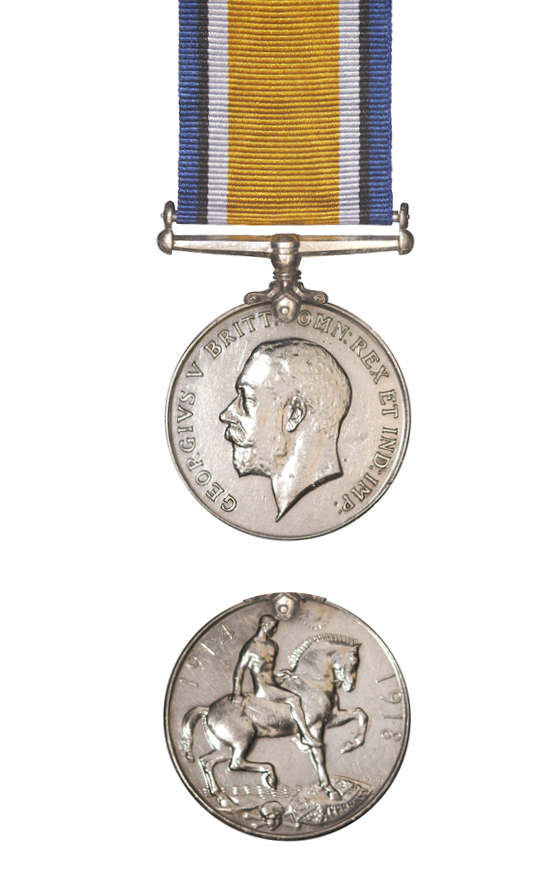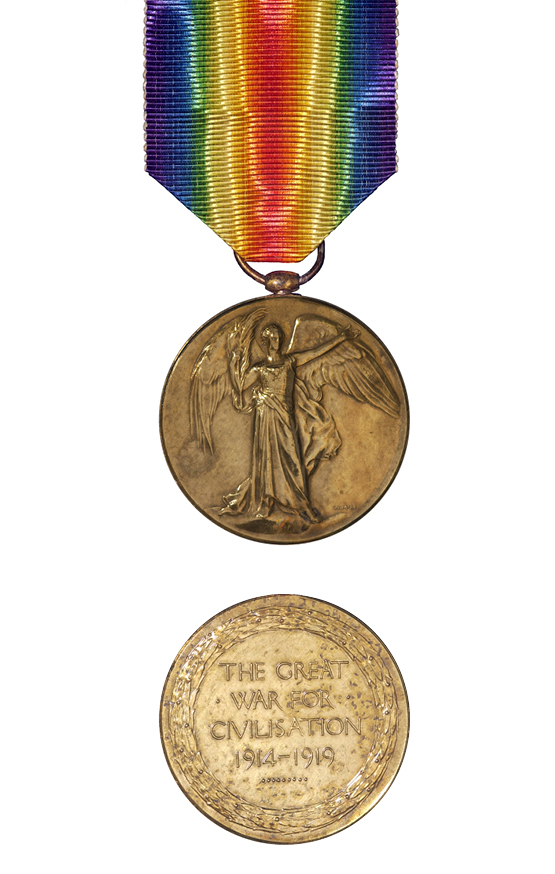

Display No. 17K
KIRKWOOD, Ronald Arthur
Ronald Kirkwood enlisted in the Royal Naval Volunteer Reserve (RNVR) for service in the Royal Naval Auxiliary Patrol during the First World War. He was a prominent yachtsman prior to the war and part of the Royal New Zealand Yacht Society (RNZYS). Kirkwood was accepted for officer training and he, along with his younger brother Malcolm, went to the United Kingdom for training as a RNVR Sub-Lieutenant in 1916.
He entered officer training at the Royal Naval College, Greenwich and after passing out from there he was posted to HMS Hermione, a depot ship where he did gunnery and other technical training. He was posted to the motor launch ML 79 on 12 October 1917. He was then promoted to Temporary Lieutenant on 6 December 1917. Kirkwood’s launch took part in Operation Z-O and ML 79 was part of the force that raided Zeebrugge. Kirkwood concluded his service with the RNVR on 28 February 1919 and was demobilised on arrival in New Zealand on 16 July 1919.
Awarded medal(s)
Medal Description [Left to Right]:
The British War Medal

The British War Medal was instituted in 1919 to recognise the successful conclusion of the First World War (1914-1918). Its coverage was later extended to recognise service until 1920, recognising mine clearing operations at sea, and participation in operations in North and South Russia, the eastern Baltic, Siberia, the Black Sea and the Caspian Sea.
The Victory Medal

The Victory Medal was awarded in the First World War to all those who had already qualified for the 1914 Star or the 1914-15 Star, and to most persons who had already qualified for the British War Medal. The Victory Medal was awarded to all New Zealand troops serving overseas, except for those who arrived in Samoa after 30 August 1914 and those serving in Great Britain only. It has a unique double rainbow ribbon.
A bronze spray of oak leaves on the medal ribbon denotes that the recipient was Mentioned in Despatches during the period that the medal recognises. To be Mentioned in Despatches a member of the armed forces has had their name mentioned in an official report, written by a superior officer, and sent to a higher command. The report would describe the individual’s gallant or meritorious action in the face of the enemy.

